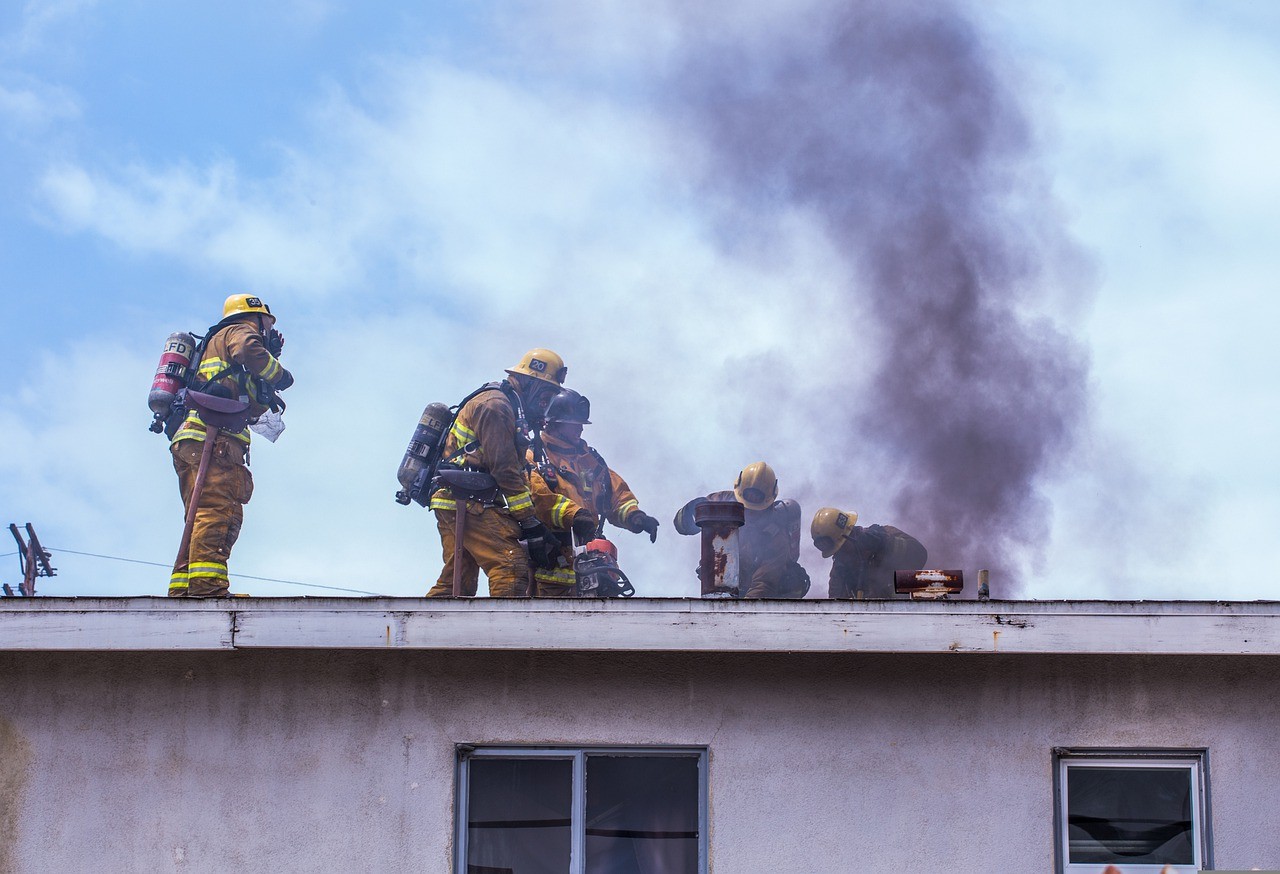Summer is an exciting time of year for a lot of people. Vacations can take you all over the world, while backyard barbecues remind you what’s great right at home.
But unfortunately, summer comes with an increased risk of fires and fire-related injuries. That’s why it’s important to always keep safety at the forefront of your mind and stay informed about potential fire hazards.
Keep reading for some valuable tips to prevent fires both inside and outside this summer.
Outdoor Fire Safety Tips
Summertime is the perfect time to immerse yourself in nature and go camping. But you can’t just set up camp and start a fire anywhere you’d like.
Below are three tips to keep sparks from flying when you’re outdoors this summer:
Choose Your Campfire Location Very Carefully
Luckily, Florida is not as prone to wildfires as dryer states such as California are. Still, it’s important to take lots of precautions when setting up a campfire outside to ensure it doesn’t spread and get out of control. You should always ensure your campfire is not close to any vegetation, especially dried leaves and overhanging branches.
Follow All Posted Rules
Many parks and campgrounds have strict rules about where you can start a fire, when you can start a fire, and what materials you can use. Those rules are in place for everyone’s protection, not to ruin your fun, so make sure to follow all of them.
Ensure Your Campfire Is Completely Extinguished
Whether you’re on a weeklong camping trip or just making s’mores in your backyard, you should always ensure a fire is completely extinguished before you leave the area. Embers can continue to smolder for several hours after “extinguishing” the fire, which can spark nearby vegetation or falling leaves and reignite the fire.
Indoor Fire Safety Tips
Don’t forget to protect yourself at home, too. Here are four helpful tips for staying safe indoors this summer:
Test Your Smoke Detector Annually
Your home’s smoke detector is your first defense against fire. As such, it’s imperative that it’s in good condition and working. But since it doesn’t get much use day-to-day, it’s easy to miss a broken, dead, or malfunctioning smoke detector.
That’s why you should inspect and test your smoke detector at least once a year. If the batteries are dead, replace them and make sure everything works correctly.
If you own a commercial building, it’s imperative that you regularly inspect and test all of your fire alarms there, too.
Store Gas Tanks Properly
Propane cylinders should never be stored indoors since a gas leak could spark a deadly fire. Cylinders left in the heat, such as in a car, under a carport, or even in a garage, can explode and start a fire.
Your propane cylinders should be stored upright in a cool, dry place, out of direct sunlight.
Consider Installing a Kitchen Fire System
Most house fires originate in the kitchen. A kitchen fire system can detect when a fire has started and promptly suppress and extinguish it before it gets out of control.
Be Prepared for an Emergency
Although you can take steps to mitigate the risk of a house fire, it’s still important to be prepared for the worst. This preparation means having the right type of fire extinguishers on hand, an emergency go-bag, and an evacuation plan that all members of the family know.
At Preventive Fire, we offer a wide variety of services to ensure your home is well protected against fires. We can inspect and test your equipment, make repairs, and install new equipment as needed, including emergency lights, fire alarms, and kitchen hood systems.

